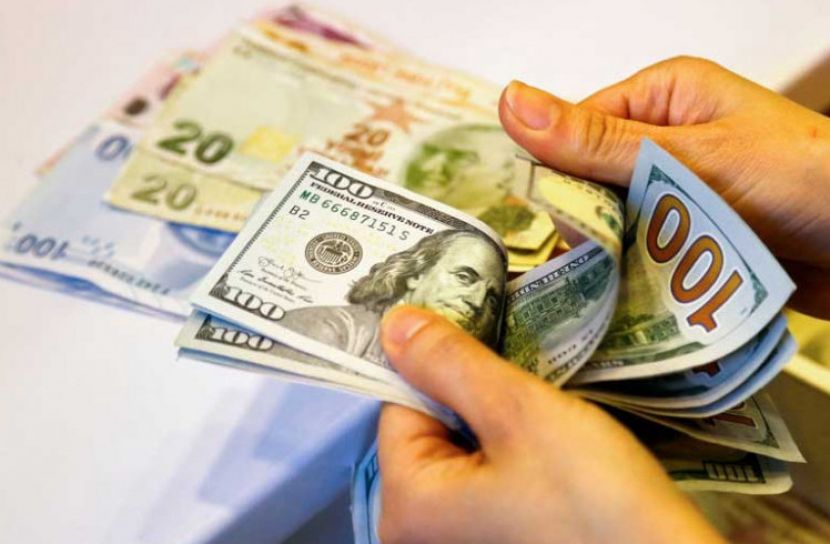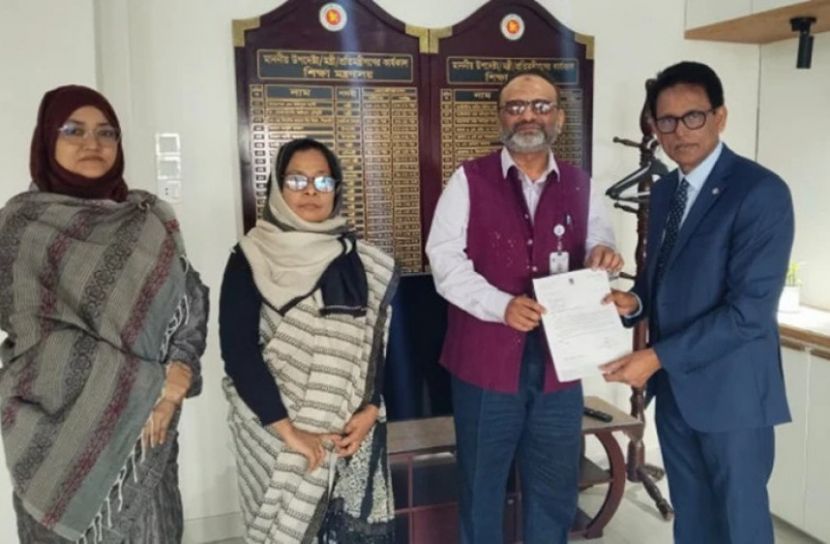
Inward remittance of the country shrinks by 23%

VC Niaz Ahmed Khan resigns

One dies while attending Janaza!

Bangladesh will not join ICC T20 World Cup in India

n the beginning, like ten other companies, Evali has made a big splash in domestic e-commerce. It was also successful with huge tempting offers to increase buyers, scattering discounts above the market price and attracting cashback. However, despite being successful with various strategies, the company is now at the top of customer suffering. As a result, consumers in the country are losing confidence in e-commerce. The final form of customer annoyance can be seen on Evali's Facebook page. Customers are posting various comments through social media. Still, Evali doesn't seem to have a problem.
Numerous buyers complain through social media that the products ordered stay away at certain times and do not match for a long time. There is no profit in complaining to the organization. There are also allegations of not holding the phone. Even if the cashback has been lying with the company (Evali) for a long time, the customer cannot cash it due to complicated rules. Only by adding more money with the cashback offer does he have to buy new products with that money.
E-commerce stakeholders say many local companies are unable to compete due to Evali's aggressive business model. The amount of discounts that Evali sells is not possible for small domestic companies, so they are lagging behind the competition. Buyers are also being harassed in Evali. There are allegations that at least two domestic companies have not been able to compete and have kept their e-commerce on a small scale. Entrepreneurs say that once this 'sick' competition is over, they will actively return to e-commerce. On the other hand, 15-20 companies have closed down their businesses as they could not survive. There are allegations that there was a conducive environment for e-commerce in the country before its introduction. Evali has destroyed the e-commerce market by destroying that environment.
Meanwhile, there is no authority to take care of e-commerce in the country. The e-commerce-based organization, through e-cab member organizations, resolves through arbitration meetings if someone buys products or is cheated or complains. On the other hand, Posts and Telecommunications Minister Mustafa Jabbar said that having a National Consumer Rights Protection Directorate is not enough to control and maintain e-commerce. Referring to the provisions of the e-commerce law to reduce consumer suffering and seek redressal, the minister said the existence of this law would create confidence among consumers. No e-commerce can be aggressive, everyone has to do business according to the law.
Hundreds of allegations have been leveled against Evali about aggressive business policies in the e-commerce sector, market collapse, not allowing others to stay in the market, encouraging foreign e-commerce to come to the country, and customer suffering.
Mohammad Russell, managing director and chief executive of Evali, said Evali goes into marketing like cashback or vouchers to capture a large market in the small range at the beginning. Without a campaign that could create a stir, Evely would never have gotten so many customers in such a fast time, it would not have been able to capture a large share of the market. Claiming that the marketing process of Evali has complied with all the laws of the country, he said that even if the marketing history of startups or e-commerce in different countries of the world is reviewed, such marketing can be seen. Now I don't know if this type of marketing is called 'aggressive' in any law of the country. “We’ve done it in a way that can be marketed from within the law to quickly occupy a position of their own in the market,” he said. "As a result of the increase in the number of our customers, we are reducing the amount of offers," he said. He mentioned that earlier 300 percent vouchers were given. It was shut down a long time ago. After that up to 60 percent discount was given, it has also been stopped. Now if there is a discount on a product, it is also relatively low. He said that in the beginning, cashback was given up to a maximum of 100 or 150 percent. Now it is also being reduced. What we are spending is to create customers, it is one of our investments.
Mohammad Russell told the media about the delay in the delivery of goods to the customers, many times the delivery of goods is delayed. This we accept. We apologize to everyone involved, including the customer. The reality, he points out, is that sometimes it happens to process a large number of products at once. He claims that the number of such problems is less than one percent of the number of orders received in Evali, zero point one. Solving such problems requires a large range of physical infrastructure and a lot of manpower. We will at least quadruple the number of manpower in the next 5 months.
Consumers are losing confidence in e-commerce due to Evali's activities. Evali authorities told the media when they wanted to know Evali's position on the issue, they do not think so. There are problems in some places but it is not that the customers are losing confidence in the whole industry. As time goes on, new customers are coming in e-commerce. Reading more orders than before. This would not have happened if there was no trust. On the other hand, consumers will also consider the fact that e-commerce has shown its capabilities during the Corona period.
Asked about consumer complaints against Evali, Masum Arefin, deputy director of the National Consumer Rights Protection Directorate, told reporters that the number of complaints against large companies is also high. Without mentioning the number of complaints, Masum Arefin said that the number of customer complaints against Evely, Daraj will be 19/20. The bigger the e-commerce organization, the more complaints against them.
Asked how the remedy is given to the consumer, the deputy director of the Department of Consumer Protection said, "Usually we provide solutions in three ways."
Newsletter
Subscribe to our newsletter and stay updated.


